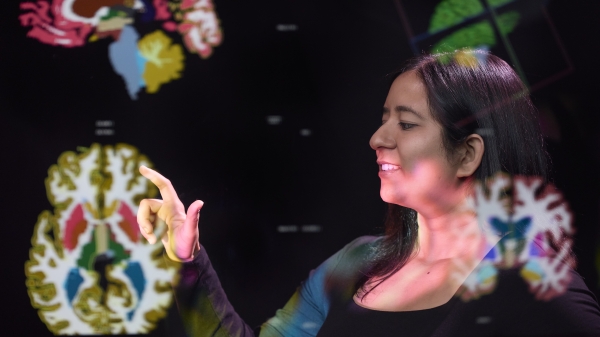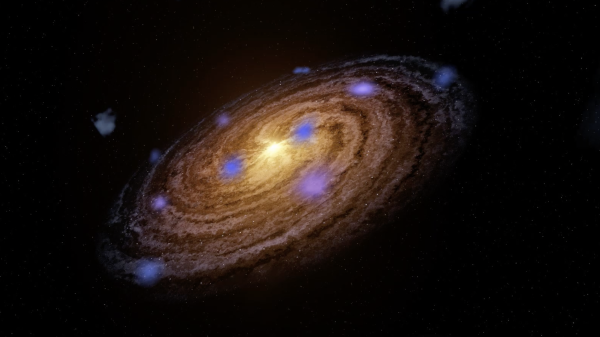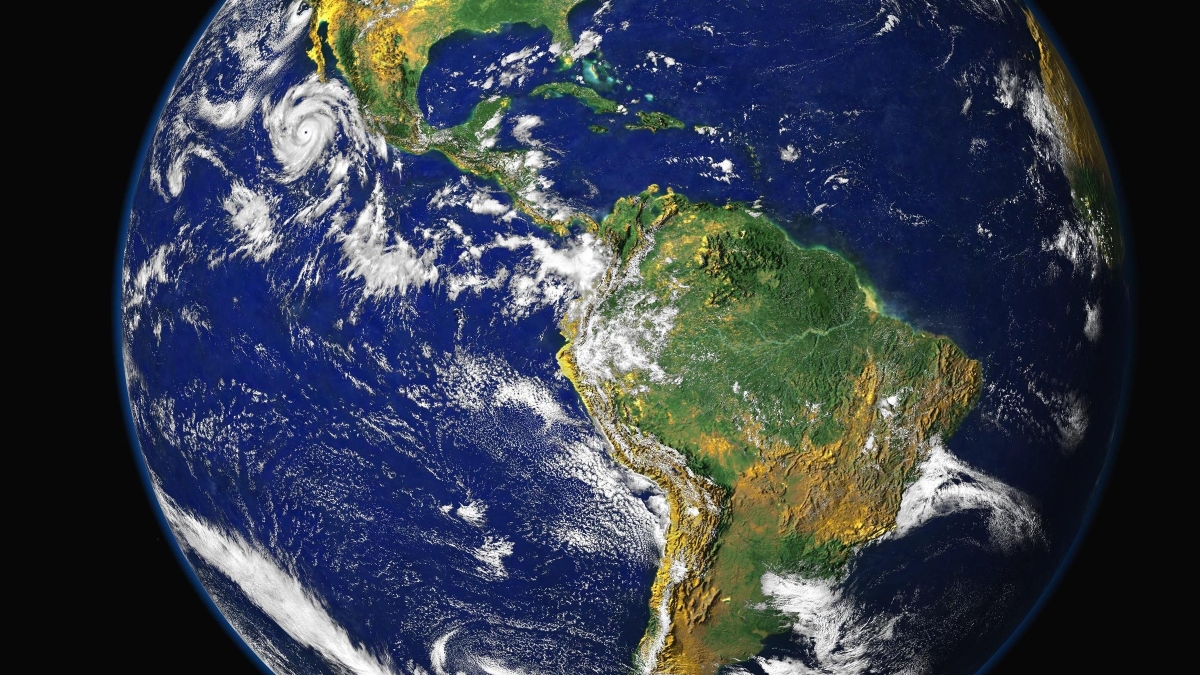Two profound changes have shaped the Earth. One happened about 2 billion years ago when our atmosphere became flooded with oxygen and made way for life as we know it.
The other change is happening right now.
“It’s us,” says Ariel Anbar. “It’s what we humans are doing to the planet.”
But this is not another message of the doom and gloom humans have wrought on the Earth. Anbar, President’s Professor in the School of Earth and Space Exploration and director for the Center for Education Through Exploration, is decidedly optimistic.
In his KEDtalk, Anbar shows us how innovation is a distinct human tool that can be harnessed to design the future we want to see. Along the way he traces the unlikely arc of his career from studying ancient rocks looking for oxygen to creating video games that challenge conventional wisdom about learning.
Anbar's talk is part of the ASU KEDtalks series. Short for Knowledge Enterprise Development talks, KEDtalks aim to spark ideas, indulge curiosity and inspire action by highlighting ASU scientists, humanists, social scientists and artists who are driven to find solutions to the universe’s grandest challenges. Tune in monthly to research.asu.edu/kedtalks to discover how the next educational revolution will come about, whether space is the next economic frontier and more.
More Science and technology

New NIH-funded program will train ASU students for the future of AI-powered medicine
The medical sector is increasingly exploring the use of artificial intelligence, or AI, to make health care more affordable and to improve patient outcomes, but new programs are needed to train…

Cosmic clues: Metal-poor regions unveil potential method for galaxy growth
For decades, astronomers have analyzed data from space and ground telescopes to learn more about galaxies in the universe. Understanding how galaxies behave in metal-poor regions could play a crucial…

Indigenous geneticists build unprecedented research community at ASU
When Krystal Tsosie (Diné) was an undergraduate at Arizona State University, there were no Indigenous faculty she could look to in any science department. In 2022, after getting her PhD in genomics…
